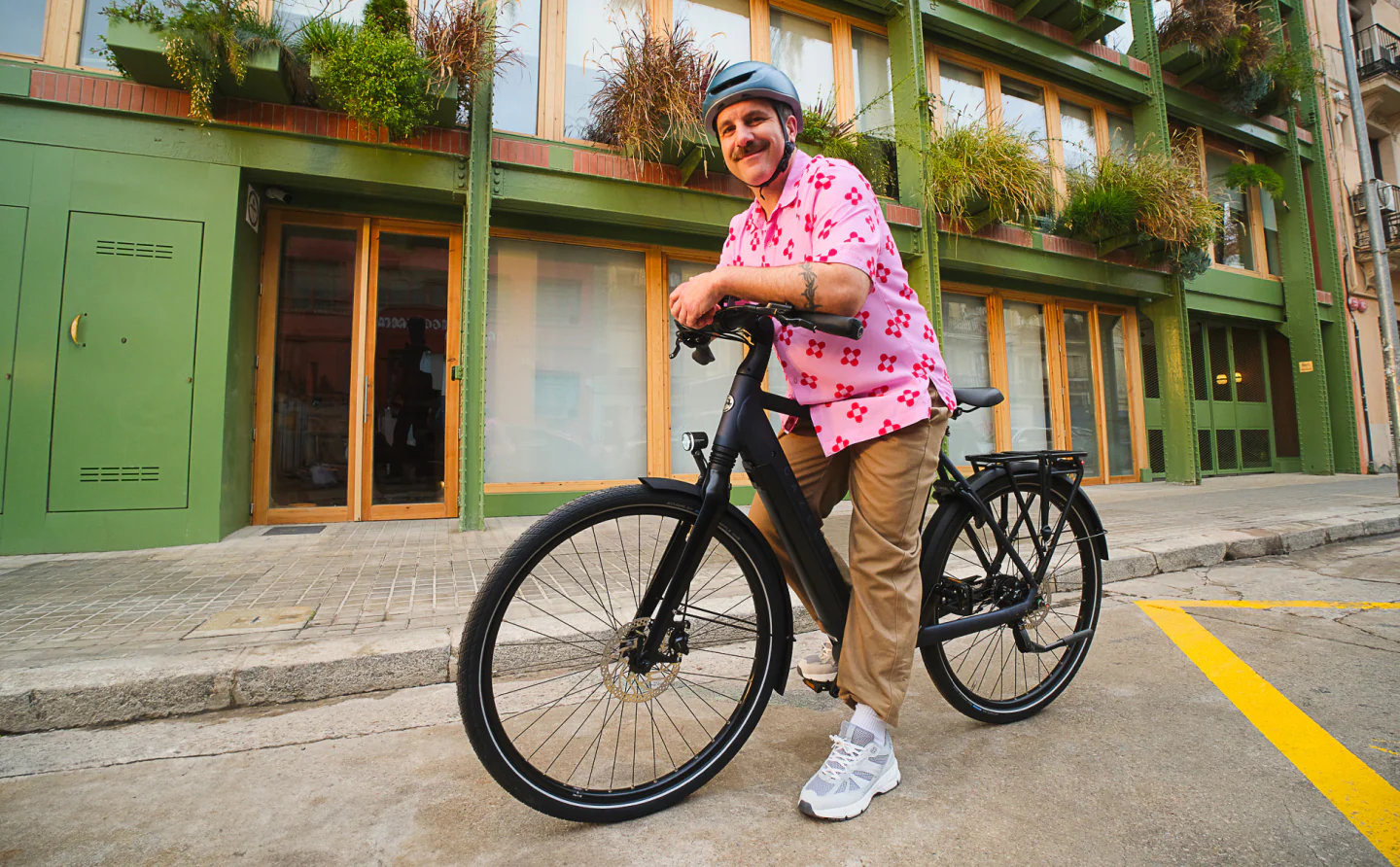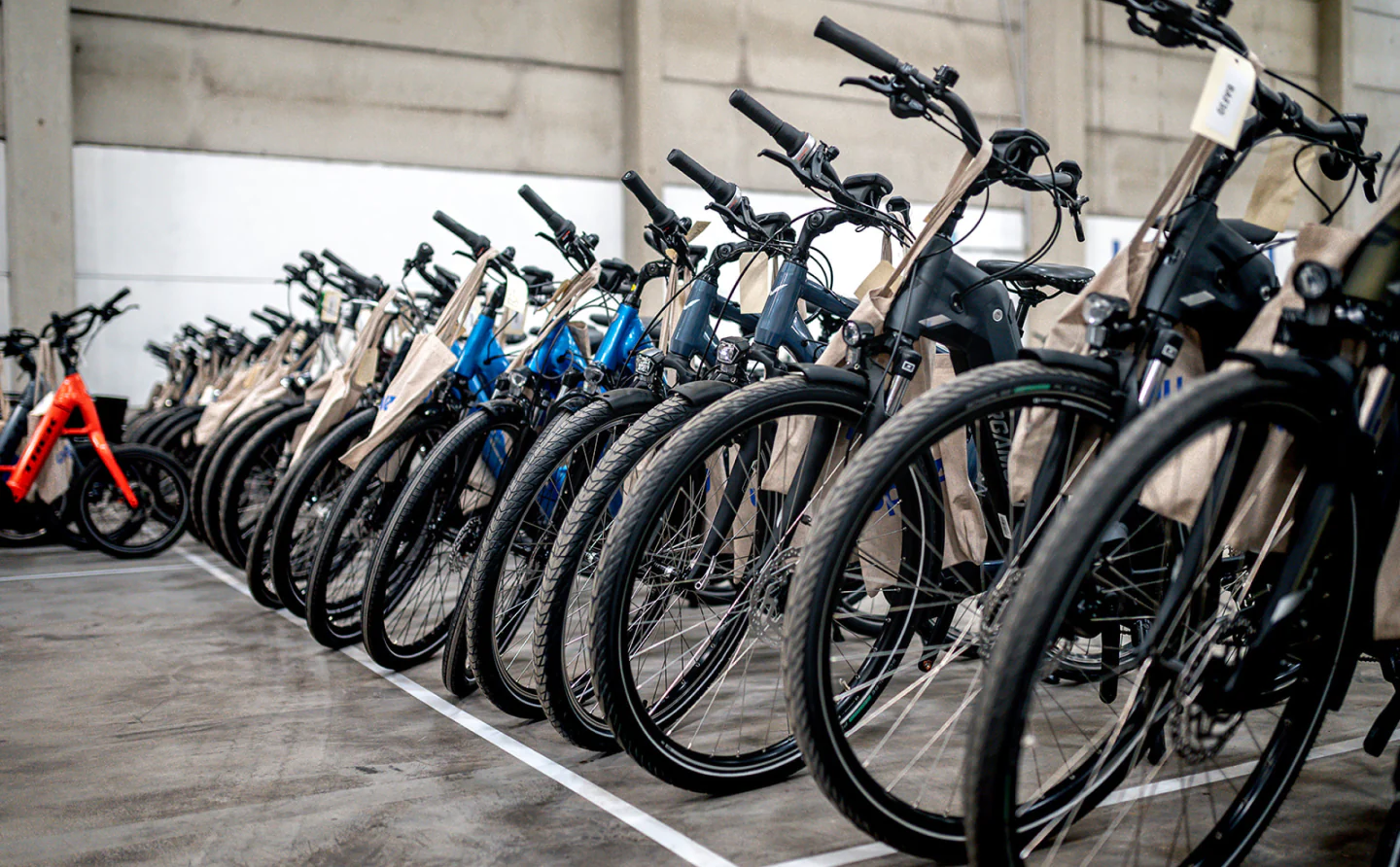A growing segment of the United States population is being burdened by household energy costs as our overheating planet shifts the need less from heating and more toward air conditioning.
A major federal program designed to help through energy subsidies isn't aligning with the change, according to new research.
What's happening?
According to the recently released paper "US federal resource allocations are inconsistent with concentrations of energy poverty," published in Science Advances, one in three households in the country report experiencing energy poverty. The research predicts that number will rise. Energy poverty applies to households with an energy burden exceeding 6% of income.
The paper analyzed recent data from the U.S. Energy Information Administration. Allocations from federal programs that provide assistance to those struggling with energy poverty have been nearly static for the past forty years, but the paper noted that the distribution of energy poverty is more dynamic, shifting in location and time.
Researchers charted the changes in energy burden over recent years and found a growing shift of higher energy burden from northern states to southern states. In descending order, Maine, Mississippi, Arkansas, Vermont, and Alabama were the five states with the highest energy burden in 2015.
By 2020, both Maine and Vermont had fallen off the list, with two southern states replacing them. The updated list became (in descending order) Mississippi, Arkansas, Alabama, West Virginia, and Maine.
Watch now: Industry leaders speak on what gives them hope in the face of climate change
"Who's going to be harmed most from climate change?" questioned one of the paper's authors, Christopher Knittel, an MIT energy economist, per Tech Xplore. "In the U.S., not surprisingly, it's going to be the southern part of the U.S. And our study is confirming that, but also suggesting it's the southern part of the U.S that's least able to respond. If you're already burdened, the burden's growing."
Why is a shifting energy burden important?
The data reflects a warming world. Winters are becoming milder in northern regions, and less heating fuel is needed, but hotter, more extreme summer temperatures in the south necessitate the need for more air conditioning.
Research shows that as our planet warms, hotter-than-usual days and nights are becoming more common. In addition, heat waves are predicted to last longer and become more frequent and intense.
 Do you think home heating costs are higher than they should be?
Do you think home heating costs are higher than they should be?
 Definitely
Definitely 
 Depends on the season
Depends on the season 
 Depends where you live
Depends where you live 
 No
No 
 Click your choice to see results and speak your mind
Click your choice to see results and speak your mind
What's being done about helping those burdened by energy costs?
The paper's researchers tested out a new funding design that would help offset the most burdened households first. They say it would ensure that no household's energy burden would surpass 20.3%.
TCD Picks » Upway Spotlight

"We think that's probably the most equitable way to allocate the money, and by doing that, you now have a different amount of money that should go to each state, so that no one state is worse off than the others," according to Knittel. "We can optimize where we spend the money, and that optimization approach is an important thing to think about."
Join our free newsletter for weekly updates on the latest innovations improving our lives and shaping our future, and don't miss this cool list of easy ways to help yourself while helping the planet.














